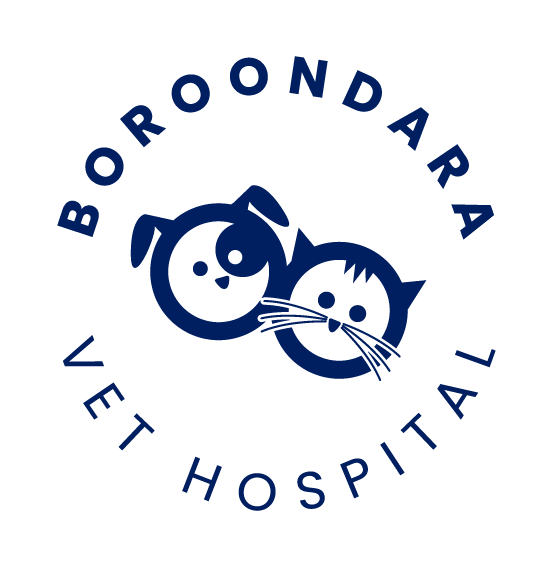Library
-
Fish oils are derived from coldwater fish, mainly menhaden, salmon, cod, tuna, mackerel and trout. Cod stocks are reducing, so the age-old 'cod liver oil' should be in avoided where possible.
-
Also called linseed oil, flax seed oil is derived from the crushed seeds of the flax plant (Linium usitatissimum) and has been proposed as a more aesthetically pleasing alternative to fish oil supplements.
-
Flower essence therapy or flower therapy was developed by a human doctor, Edward Bach, during the 1930's. During his years in practice Dr. Bach developed the belief that people could be grouped based upon their emotional states, and that these emotions were the root cause of many of their diseases.
-
Garlic, the bulb of the plant Allium sativum, is a well-known herb and popular ingredient for cooking. It is supplied in raw form as the fresh bulb; as a liquid alcohol extract; or in gelatin capsules.
-
Ginger is a well-known tropical herb whose root is used in both Traditional Chinese Medicine and Western Herbal Medicine. The most famous medical use of ginger is as an anti-emetic (prevention of nausea and vomiting).
-
While the Ginkgo nut is used in Chinese medicine in the treatment of respiratory disorders, the Ginkgo leaf is used in western herbal medicine, primarily to stimulate blood flow, both peripheral to the extremities and cerebral (to the brain).
-
In Chinese medicine, Korean Ginseng is used as a Qi tonic to boost vitality. Likewise, Ginseng is used for the same purposes by vets, often as a component of a larger herbal formula.
-
Glucosamine is an amino sugar that occurs naturally in the body and plays an important role in forming and maintaining the body's tissues such as nails, skin, ligaments, tendons, bones, heart valves, discharging mucous from the lining of the digestive tract, urinary tract and respiratory tract.
-
Glutamine is found in fairly high levels in dairy, fish, eggs and meat products, however supplementation with glutamine is more appropriate when the digestive system is compromised.
-
Glycosaminoglycans (GAGs) are combinations of proteins and sugars and are found in a variety of tissues, including the blood plasma, joints, and the mucosal (mucous membrane) lining of a variety of organs, including the gastrointestinal tract, respiratory tract and the bladder.

